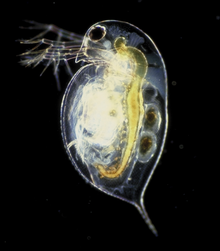Here's the PDF. Perusing through it, they seem to say more than just that. At first glance, it seems to boil down to whether or not their measure of complexity is a valid one, and if this complexity maps to current known evolutionary timescales. Evolutionary genetics gives us data for this as far as I know. Their measure of complexity is: Sharov is one of the authors here. Here is the source cited, it's a slide deck and the last two slides are basically the figures in this article. Although the idea would be a very satisfying way to deal with the apparent celestial silence, since the authors couldn't find a better source for a measure of complexity, it's my guess that that they just have that slope wrong.measured by the length of functional non-redundant DNA per genome counted by nucleotide base pairs (bp), increases linearly with time (Sharov, 2012).
I'm going to have to give this PDF a closer look later in the day. Are you saying that length of functional non-redundant DNA per genome is a poor measure of complexity? PS - I LOVE OPEN ACCESS. It needs to happen on a larger scale quicker.
but seriously is the difference between us and the other apes our functional non-redundant DNA per genome or the qualities of our phenome?
then I will have to come down as one opposed to the metric as it does not put my favorite on top.
I can't say. I just would assume that evolutionary geneticists would have weighed in on the matter one way or the other. Maybe I am wrong. It's one critcal component of this hypothesis.Are you saying that length of functional non-redundant DNA per genome is a poor measure of complexity?
My biggest question re: this issue would be do we even have an adequate grasp of functional non-redundant DNA per genome? The ENCODE project just revealed that DNA formerly considered junk is actually functional. I personally don't know what the best approach is to measure complexity in evolution, however I do understand the central idea that the authors are trying to convey.
